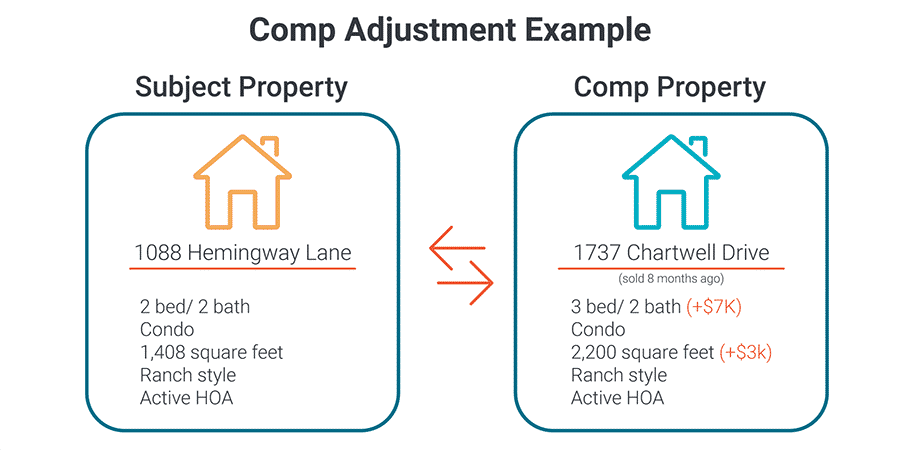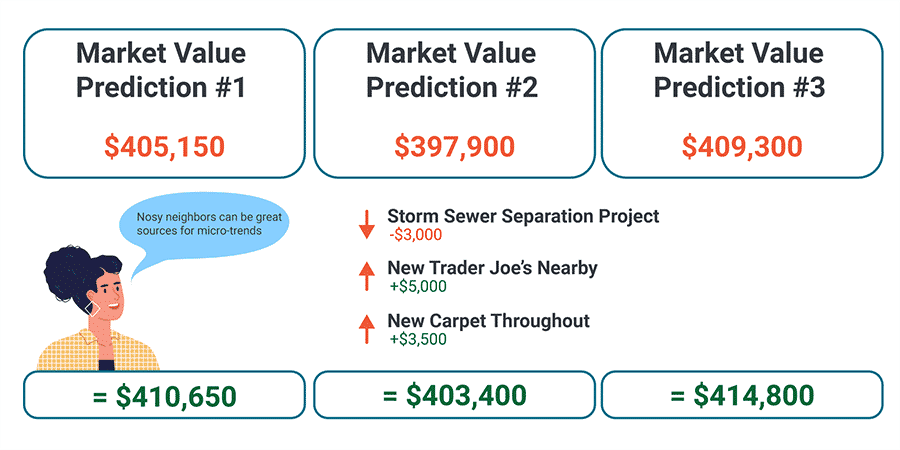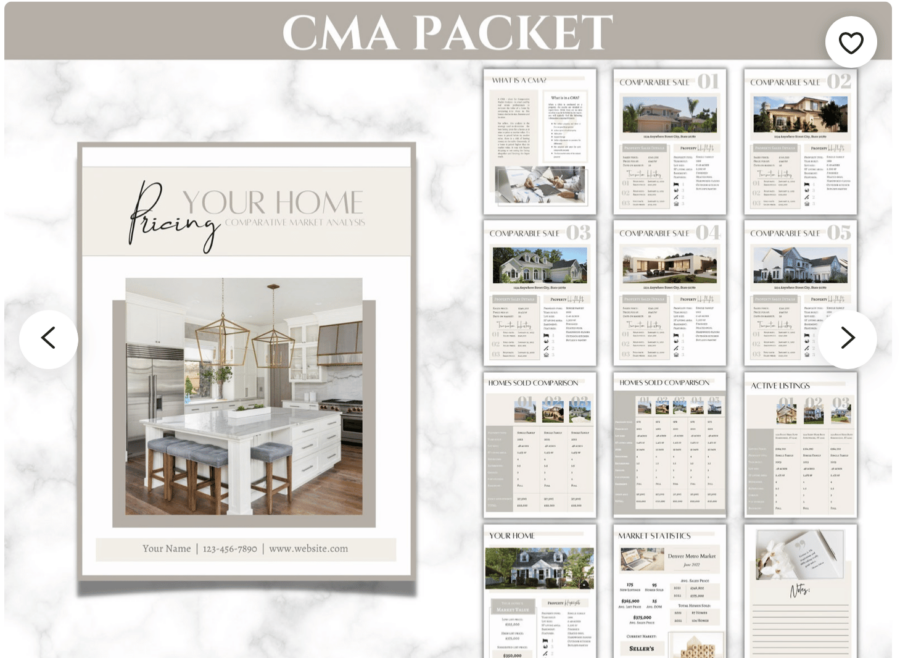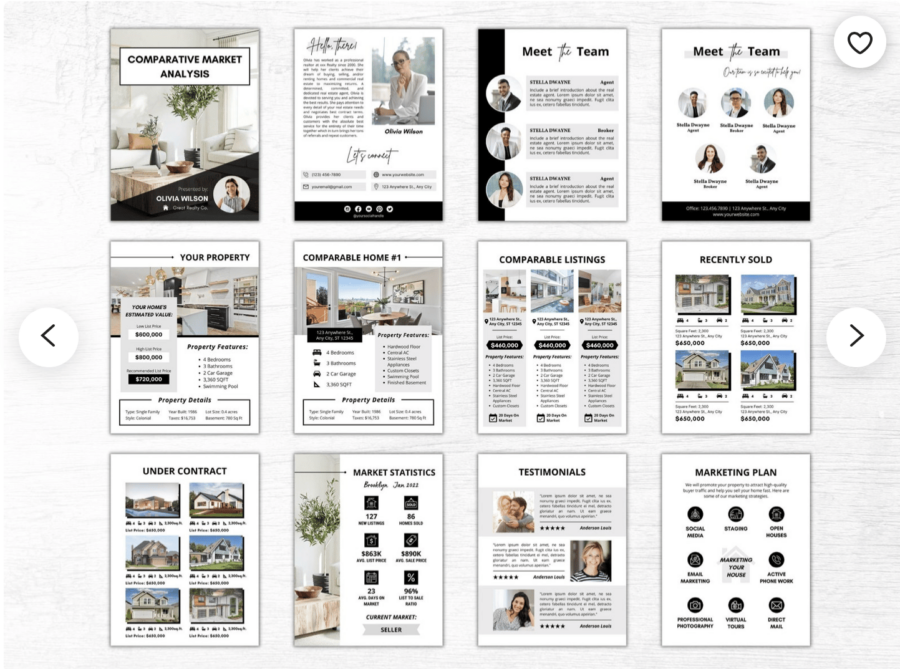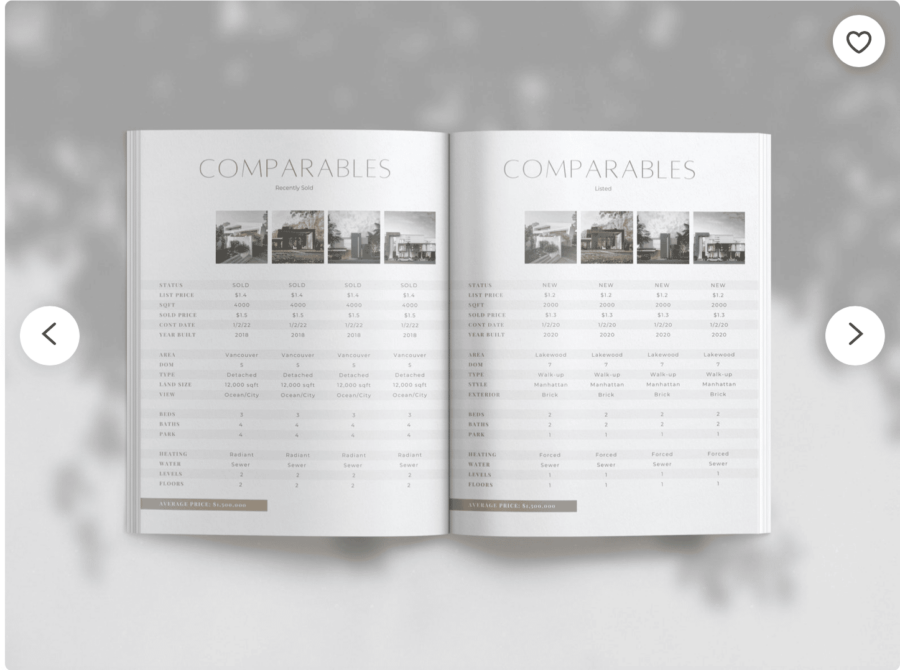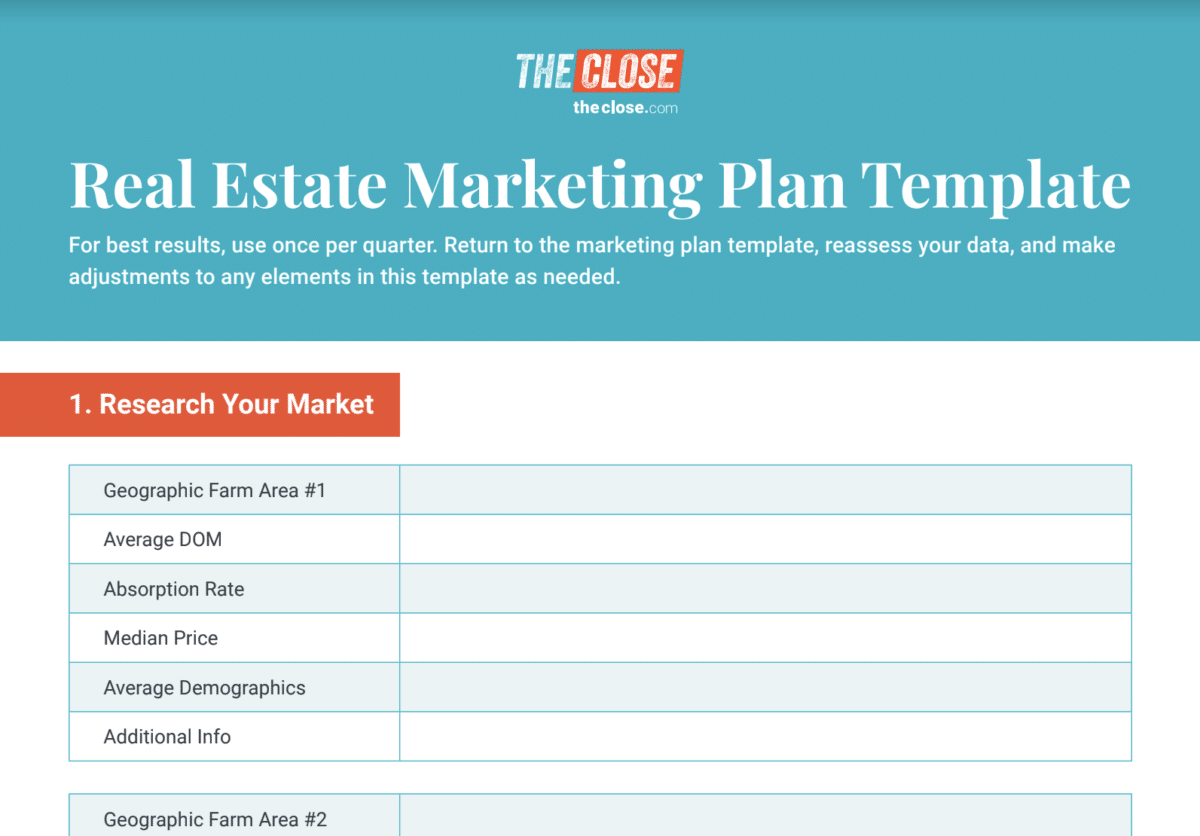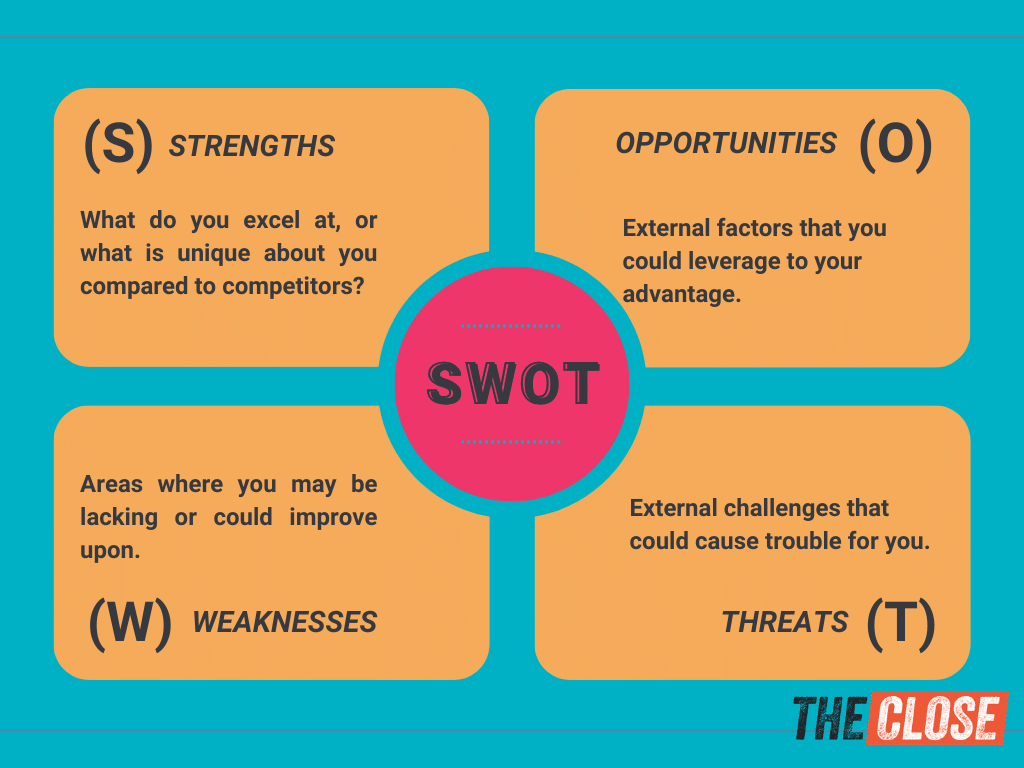120 Real Estate Company Names & How To Create [+ Generator]
When you start a real estate company, choosing a name is a huge decision! Below, I share a list of real estate company names categorized by niche for you to draw inspiration from. You’ll find that many popular and top firms incorporate terms like “Realty,” “Properties,” and “Group.” Which will you choose for your business?
Affordable 
| Luxury 
| Eco-friendly 
|
Vacation 
| Smart or tech-driven 
| Retirement or senior living 
|
Commercial 
| Investment 
| Industrial 
|
Urban or metro 
| Rural or farmland 
| Historic or heritage 
|
Use our free real estate company name generator for more ideas.
Generate Your Name
Chose a name format
Warning: The company names produced by this generator were created by our team, but it is up to you to verify trademark status.
label.error{
width:100%;
display:block;
text-align:left;
}
.real-estate-name-gen__wrapper {
margin-left: auto;
margin-right: auto;
margin-bottom: 6rem;
padding: 1rem 2rem;
background-color: #fff;
box-shadow: 0 0 25px #e5e5e5;
}
.real-estate-name-gen_btn–back {
display: none;
margin-top: 40px;
}
.real-estate-name-gen__wrapper .table td {
display: block;
padding: 1.25rem;
text-align: center;
font-size: 20px;
font-weight: 700;
}
How to come up with your real estate company name
Selecting the right real estate agency name lays the foundation of your brand identity. I’ll walk you through how to create a real estate business name that will resonate with your target market — from defining your brand values and audience to considering the name’s impact on SEO and comparing the name’s uniqueness against competitors’ names.
Step 1: Define your brand values and audience
What’s your company’s unique selling point (USP)? What message do you want to communicate to clients? Identifying your target market and brand values will guide you in choosing a company name that perfectly reflects your business’s identity.
I have prepared an example to guide you in deciding your brand values and audience.
- Company name: Eco Nest Group
- Target market: Professionals and families seeking homes that are convenient and sustainable.
- Brand values:
- Trust and transparency: We extend clear, client-first real estate services.
- Sustainability: We provide eco-friendly homes with energy-efficient designs.
- Innovation: We offer smart home technology integration for modern living.
- Slogan: “Building tomorrow today.”
- Tagline: “Connected. Sustainable. Smart.”
- Brand colors: Earthy greens, warm neutrals, and sleek blues to symbolize trust, sustainability, and innovation
Keep reading: Real Estate Branding
Step 2: Review your market, services, and growth plans
Your real estate company name should target those you want to market to. Are you working in retirement communities in Florida or selling warehouse spaces in LA’s Arts District? As you can imagine, those two companies should have very different types of names if they want to reach the right markets.
Also, as you grow as an agent or a broker, you’ll naturally want to expand your business coverage, so ask yourself where you want to be in five or 10 years. Are you in that same town, or have you expanded to neighboring areas? Consider your business’s long-term goals, ensuring that your company name is versatile enough to accommodate changes in locations, target audiences, and services.
Come up with as many realty company name ideas as you can. The more you come up with, the better! Explore different themes, word combinations, and concepts. Once you have a list of potential names, evaluate each and compare them against all the others on your list, narrowing your options down until you find the perfect fit.
Step 3: Consider your business name’s impact on SEO
Real estate SEO is a long-term strategy, but consistent effort can drive qualified leads and help grow your business. The name you choose can significantly impact SEO visibility in several ways.
- Keyword relevance: Include real estate terms (e.g., “Realty” and “Brokerage”) to help your company appear in searches related to buying, selling, developing, or renting properties (e.g., “West Coast Real Estate” is more SEO-friendly than “West Coast Group.”) Also, keep your name natural and descriptive, as Google penalizes spammy or overly generic names that seem manipulative (e.g., “Best Homes Buy Sell West Coast”).
- Clickthrough rate (CTR): Use a unique name to increase brand searches, which Google sees as a positive ranking signal (e.g., a creative, relevant name like “West Coast Real Estate” may attract more attention than generic “West Coast Group”).
- Domain name matching: Pick a company name with an available domain name to improve direct traffic and search rankings. For example, if your company name is West Coast Real Estate, then choosing a real estate domain name like “www.westcoastrealestate.com” is more effective than “www.wcre.com” or “www.wc-real-estate.com.”
Ensure you buy a domain that is easy to spell and relevant to your business and location. Once you’ve acquired it, invest in a website that showcases your expertise, services, agents, and property listings. Incorporate your logo, slogan, and other branding elements into your website.
- Social media: Choose a simple SEO-friendly name that makes it easy to maintain consistent business listings across directories like Google My Business, Zillow, Yelp, and Facebook. Ensure it’s easy for people to tag, mention, and find you on socials, so avoid special characters and numbers. For instance, with West Coast Real Estate as your name, consider using:
- @westcoastrealestate on Instagram and LinkedIn; avoiding @west.coast_real_estate.2025
- www.facebook.com/westcoastrealestate; avoiding www.facebook.com/west.coast.re2025
Search for your desired social media handles and domain names before finalizing your company name. If another business has already staked its claim, you could set yourself up for an uphill battle.
Additionally, since competition for online real estate has become more intense, claim your social media accounts and get them up and running. Establishing a strong online media presence is no longer an option — it’s a necessity for staying relevant in the industry.
- Long-term branding: Avoid names that aren’t future-proof and may lose relevance over time. Instead, go with a timeless, professional name that helps build long-term SEO authority. Consider these examples:
- West Coast Cribs, where “cribs” is a slang that may go out of style
- Surf & Turf Estates, which leaves people wondering whether you’re selling homes or steakhouses
- Sunset Elite Realty, where “sunset” and “elite” are overused in the industry
Step 4: Consider sophisticated naming using foreign words
Consider using foreign words in your real estate company name to convey luxury, prestige, or deeper meaning. Here are some examples.
| French | Luxurious and sophisticated |
|
| Greek | Strong and noble |
|
| Italian | Romantic and classic |
|
| Japanese | Minimalist and zen |
|
| Latin | Timeless and elegant |
|
| Spanish | Warm and vibrant |
|
Step 5: Research your competitors’ company names
To establish a unique identity and prevent client confusion, avoid choosing a company name that is too similar to your competitors. This is critical because you don’t want leads visiting your competitor when they’re trying to contact you.
Here are some tips you can follow to avoid duplicating a competitor:
Step 6: Keep the name short and simple.
Have you ever noticed how the world’s top companies have short names? Some are only recognized through their acronyms, e.g., BMW, BBC, IBM, and DHL. This brand recognition strategy is why keeping your company name short and simple is crucial.
Consider these tips for a short business name:
Try AI tools like ChatGPT for name options. They can generate innovative suggestions and even look up your customer preferences and competitors’ names. Harnessing AI’s power to create business names can also streamline the naming process.
For instance, your prompt could be something along the lines of: “Please suggest creative real estate company names for a brand that caters to [niche/type] real estate, and compare those with competitors’ company names. Include a list of customer preferences in the [niche/type] real estate market.”
What to avoid when choosing real estate company names
Knowing what to avoid when naming your company can streamline your decision-making process.
Exercise caution when using the term “Realtor.” Since the National Association of Realtors (NAR) owns the trademark on the word, it has rules on how to use it. For example:
- If you’re not a dues-paying member of NAR, you can’t use it at all.
- If you are an active Realtor, there are still restrictions around using the word in your branding. Read NAR’s Membership Marks Manual to ensure you’re committed to long-term association membership before you tie your business presence to this protected and regularly policed brand name.
What to do after selecting a real estate corporation name
Once you’ve come up with a great name, the next step is crafting a brand around it, which includes establishing your presence across several marketing channels.
Frequently asked questions (FAQs)
What is the best name for a real estate business?
The best realtor company names are subjective and depend on many factors, such as your target market, geographic location, company goals, and brand values. Consider a name that sets you apart from competitors, sounds good, is easy to pronounce and spell, and reflects your business.
What are catchy real estate company names?
Catchy real estate firm names are subjective, but examples are Brick & Beam Realty, Hearth & Home Estates, and KeyStone Properties. Ultimately, a catchy name depends on your niche; here are a few.
- Affordable: BrightPath Realty and FirstStep Properties
- Luxury: Prestige Properties and Elite Estates
- Tech-driven: NextGen Residences and SmartNest Realty
- Commercial: MetroSpace Real Estate and Titan Corporate Group
- Industrial: Apex Industrial Solutions and BulkSpace Warehousing
- Urban: Skyline Living Group and MetroNest Estates
- Rural: Golden Fields Estates and Harvest Land Residences
How do I choose a realtor name?
The first step in picking a realtor name is identifying your brand identity and audience. Do you specialize in luxury, commercial, or agricultural properties? Select a name that resonates with your target market and communicates your business’s goals. For more information, read the process enumerated in this article, what you should avoid when creating your name, and what to do after finalizing it.
What is a fancy name for a real estate agent?
A real estate agent can hold several sophisticated titles, such as Property Investment Strategist, Real Estate Concierge, Estate Portfolio Manager, Residential & Commercial Specialist, and Premier Realty Consultant.
The final walkthrough
Choosing real estate corporation names can be challenging and sometimes stressful, but finding the perfect name that represents your brand identity is rewarding. Trust the process and use the tips above to bring your real estate company name to life.
The post 120 Real Estate Company Names & How To Create [+ Generator] appeared first on The Close.




 to make the home buying and selling journey smooth and exciting! These sites aren’t just landing pages — they’re digital masterpieces, carefully designed by agents and brokerages who know their craft inside and out.
to make the home buying and selling journey smooth and exciting! These sites aren’t just landing pages — they’re digital masterpieces, carefully designed by agents and brokerages who know their craft inside and out. 
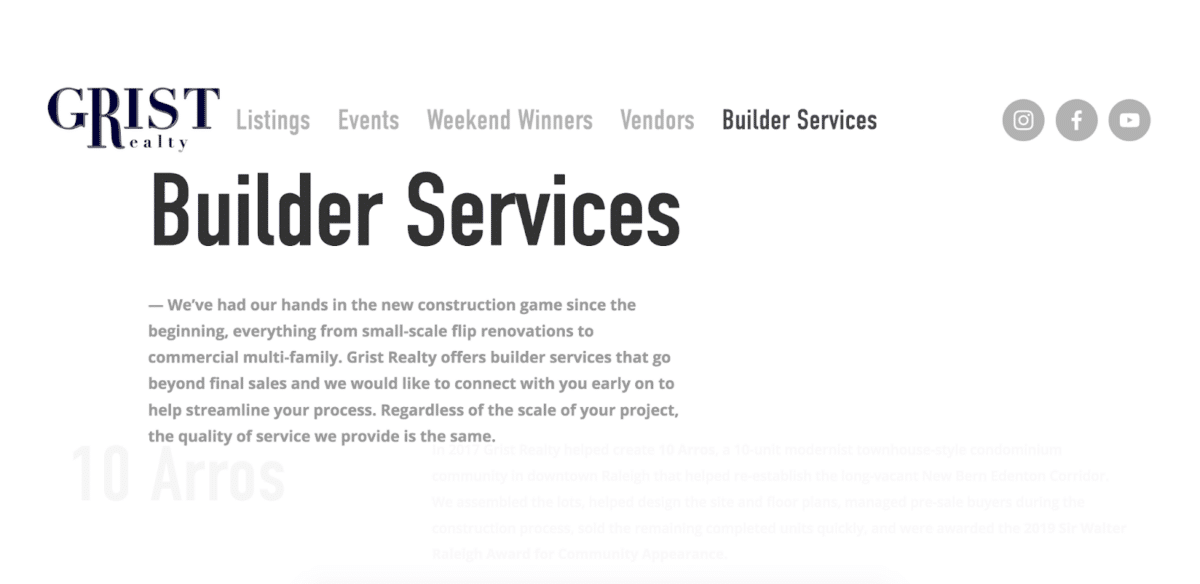



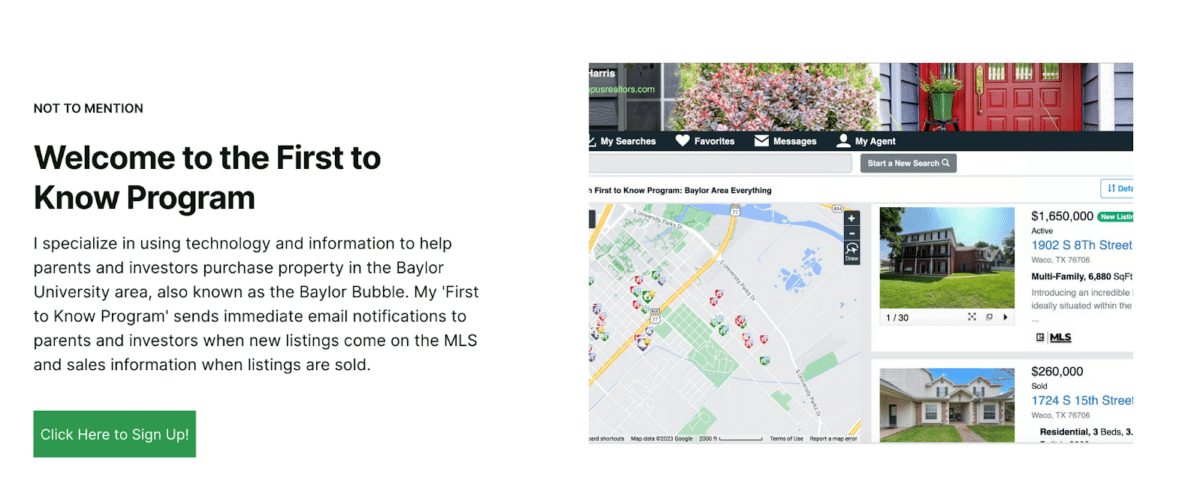
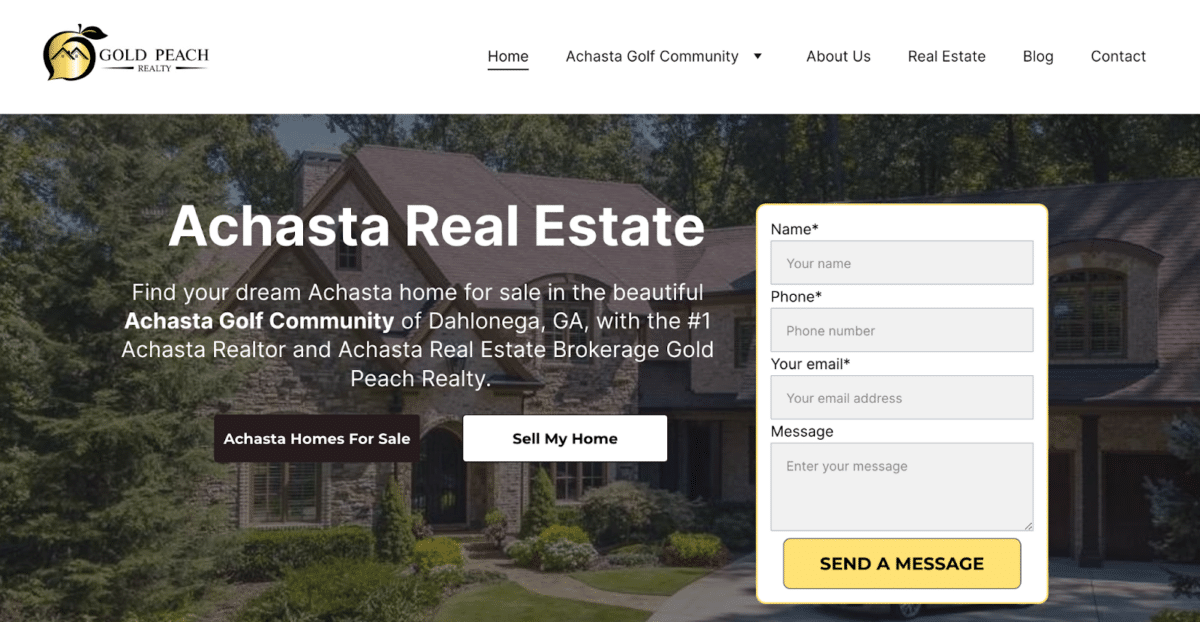

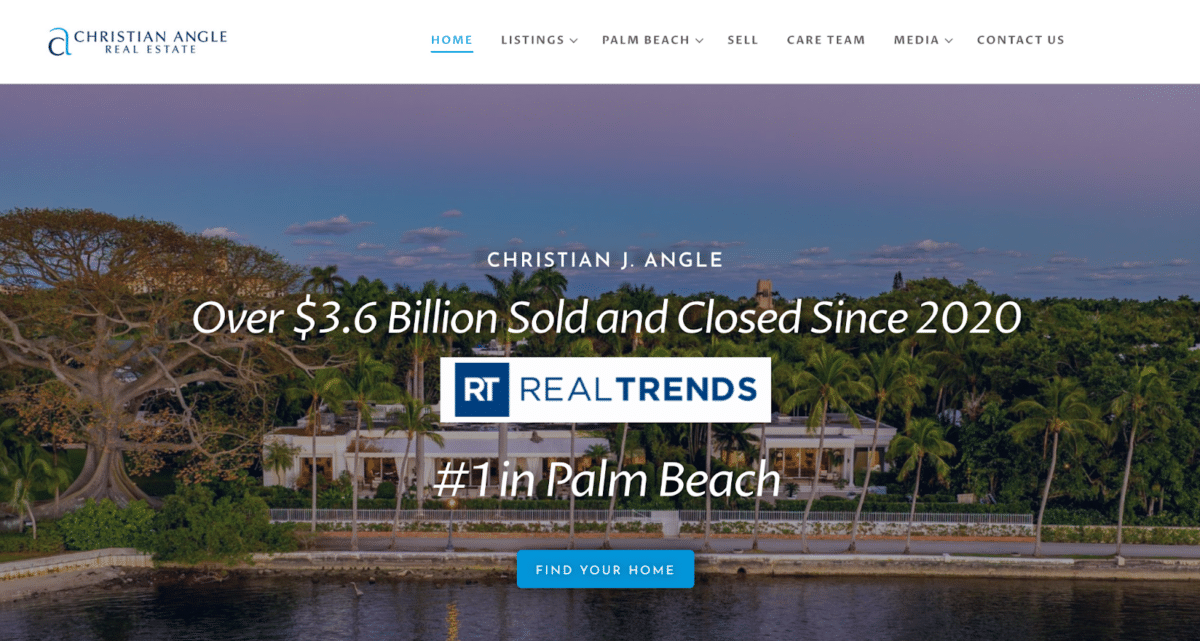

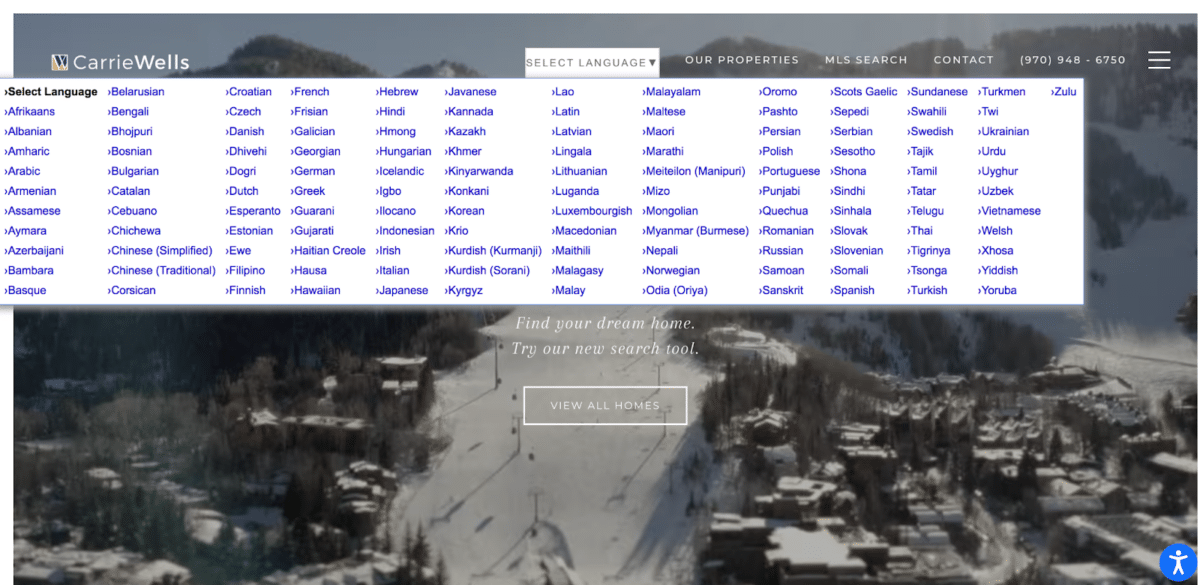



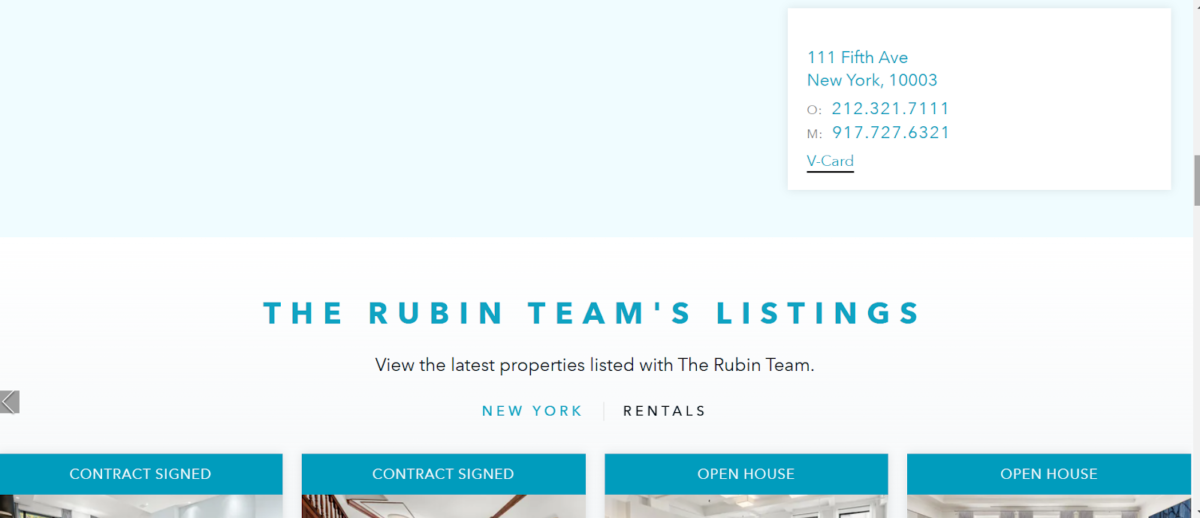
 shine
shine
